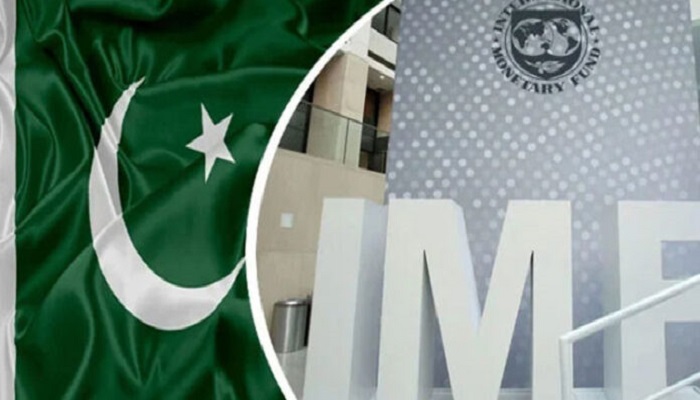ISLAMABAD: The IMF has rejected a proposal from the Pakistani government aimed at alleviating the financial burden of high electricity bills on low-income individuals, according to sources within the Finance Department.
The sources highlighted a lack of agreement between Pakistan and the IMF regarding this relief plan.
In their proposal, the Pakistani government informed the IMF that the relief measures would have a financial impact of less than Rs6.5 billion. However, the IMF assessed the impact to be approximately Rs15 billion, leading to the rejection of the plan.
It is reported that the IMF has now requested Pakistan to submit a revised proposal detailing how it plans to cover this fiscal gap of Rs.15 billion. Once the updated plan is shared with the IMF, officials from the Finance Ministry and the IMF will engage in further discussions.
Importantly, Pakistan has assured the IMF that providing relief on high power bills will not result in a budget deficit. The original plan sought IMF approval for consumers to pay their electricity bills over a four-month period, with a Rs3000 reduction for users consuming 300 units.
There are indications that electricity bills for consumers using 300 units in September will indeed see a reduction by the mentioned amount. The government recently presented this plan to the IMF, emphasizing its commitment to maintaining the targets established by the previous government.
Caretaker Minister for Finance Dr. Shamshad Akhtar highlighted that a team of Pakistani authorities had met with IMF officials and reaffirmed Pakistan’s commitment to adhering to the IMF program. Sources suggest that while the IMF may not agree to reductions in taxes on electricity bills, it may consider allowing the collection of August and September bills in installments.



















